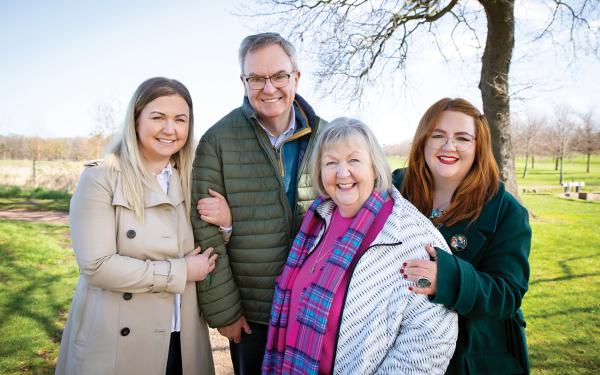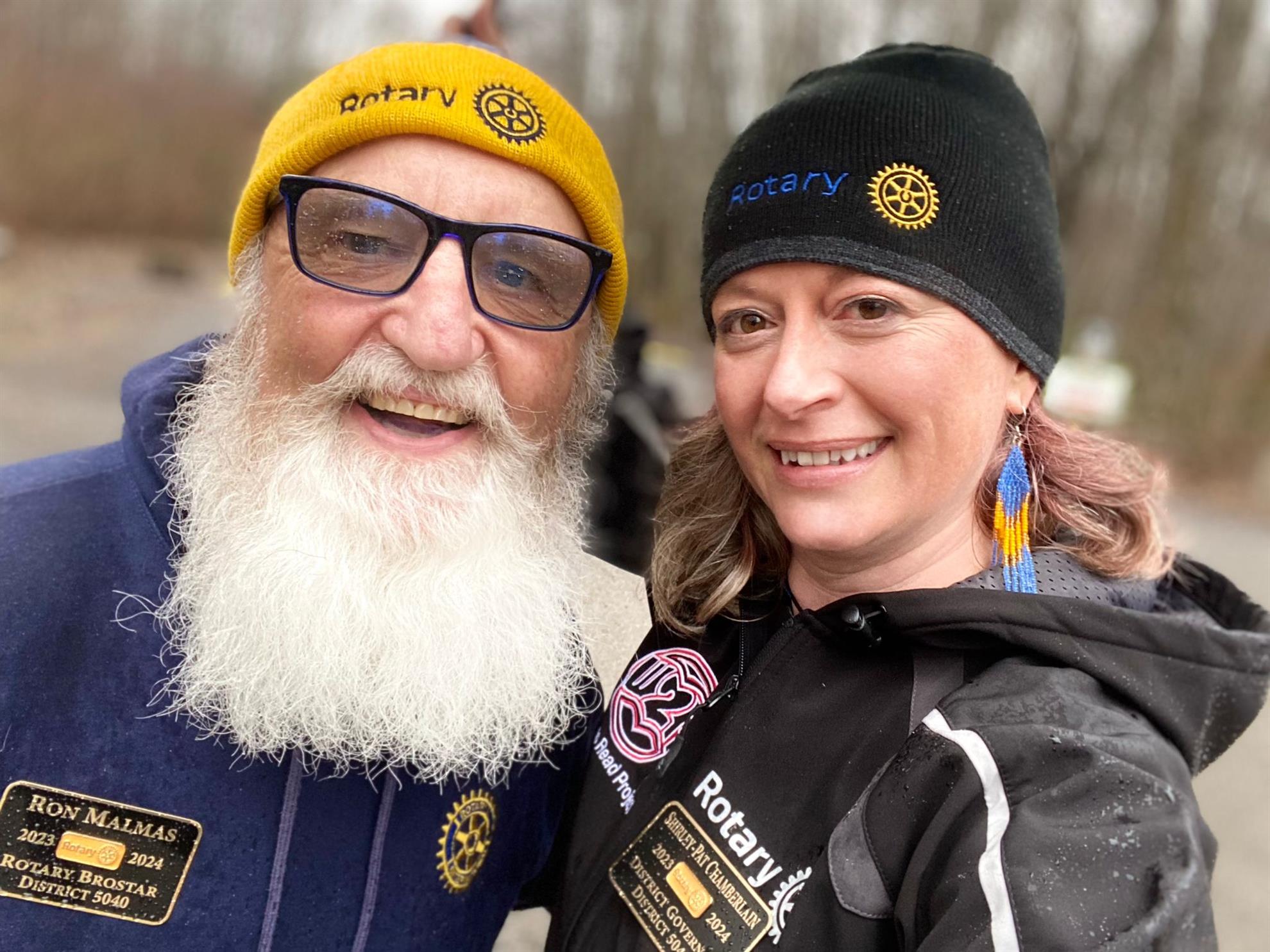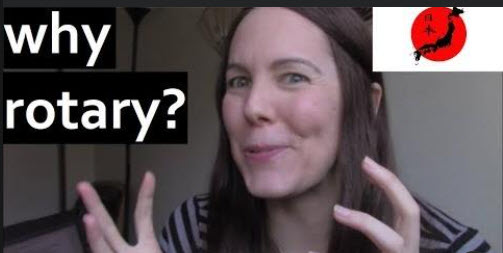Author: admin
Why Rotary?
If you’re considering a study abroad in Japan (or anywhere), I recommend Rotary International’s Youth Exchange program. I studied in Japan from 1999-2000 through Rotary and I was very pleased with the experience, to say the least.
Find your local rotary youth exchange program:https://www.studyabroadscholarships.org
Rotary Youth Exchange Program: https://www.rotary.org/en/our-program…
Support me on Patreon: https://www.patreon.com/sarahktranslate
Cooking Channel: https://www.youtube.com/channel/UCD0P…
Art/Misc/Personal Channel: https://www.youtube.com/channel/UCPQM…
Email: sarahktranslate@yahoo.com Twitter: (@SarahKTranslate)
Disclaimers: all opinions are my own, sponsors are acknowledged. Links in the description are typically affiliate links that let you help support the channel at no extra cost.
This is a great You Tube Video on our “Studying Abroad’ Rotary Youth Exchange. We are currently looking for students to participate in our Virtual Exchange Programs, available Early 2022. Long Term and Short Term Program restart June 2022, so don’t delay PM us through this group or contact your local Rotary Club!



